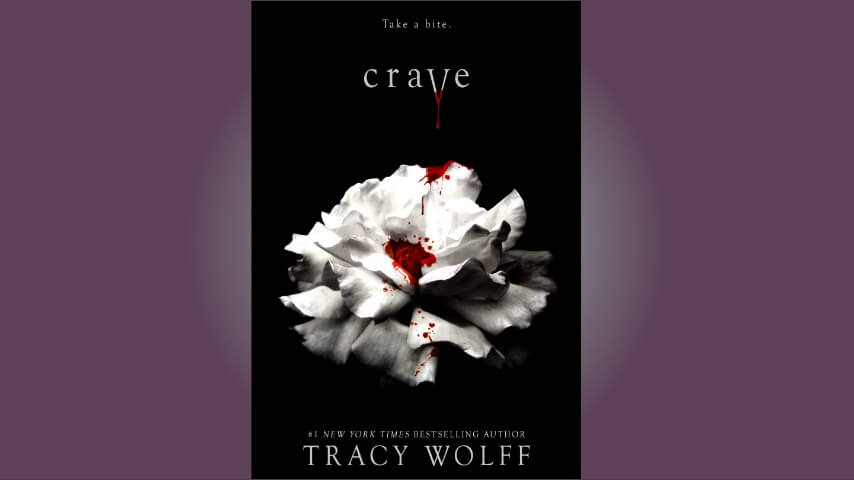The copyright battle in question is about the bestselling vampire series Crave by Tracy Wolff. Lynne Freeman found the similarities to her own werewolf manuscript Blue Moon Rising so startling she filed a lawsuit about it. But as The New Yorker notes, most of those books are pretty similar. If you’re unfamiliar with the genre, the piece provides a pretty solid rundown, and not a particularly flattering one. Romantasy fans “are millennials who grew up on Harry Potter and Twilight and expected more of the same once adulthood struck,” writer Katy Waldman observes, and the genre’s “themes are Pixar-coded—forgiveness, compassion, overcoming adversity, celebrating difference—with a swoosh of black eyeliner.”
To make a long story short, it would be an uphill battle for Freeman to prove her manuscript was copied for Crave. But there are certain salient details in her favor: Wolff and Freeman once shared a literary agent, Emily Sylvan Kim, and Kim reportedly worked with Freeman on the manuscript for three years. No publishers ever bit, and Freeman eventually withdrew it from consideration at Entangled, the press that eventually published Crave. Most damning is that, by The New Yorker‘s description, Crave was almost written by committee. Entangled CEO Liz Pelletier—who allegedly would have had access to Freeman’s manuscript—needed a new book on quick turnaround and gave Wolff a list of attributes she wanted from a manuscript. Pelletier, Kim, and Wolff all worked together at a fever pitch to get Crave finished, and the result was a book that seemingly shared DNA with Blue Moon Rising, but also with every other romantasy on the market.
Pelletier and Wolff deny ever having read Blue Moon Rising or heard of Freeman (though Freeman contends she met Wolff at a writers conference). A lawyer for Entangled claims that the agent, Kim, “recalls nothing of this manuscript,” despite supposedly having worked on it (closely, Freeman says) for three years. So is it a case for copyright, or a case of someone feeling undue ownership over a genre that is now essentially famous for its repetitive tropes? You can read up on the books’ similarities and make your own judgments here.

 Keep scrolling for more great stories.
Keep scrolling for more great stories.
